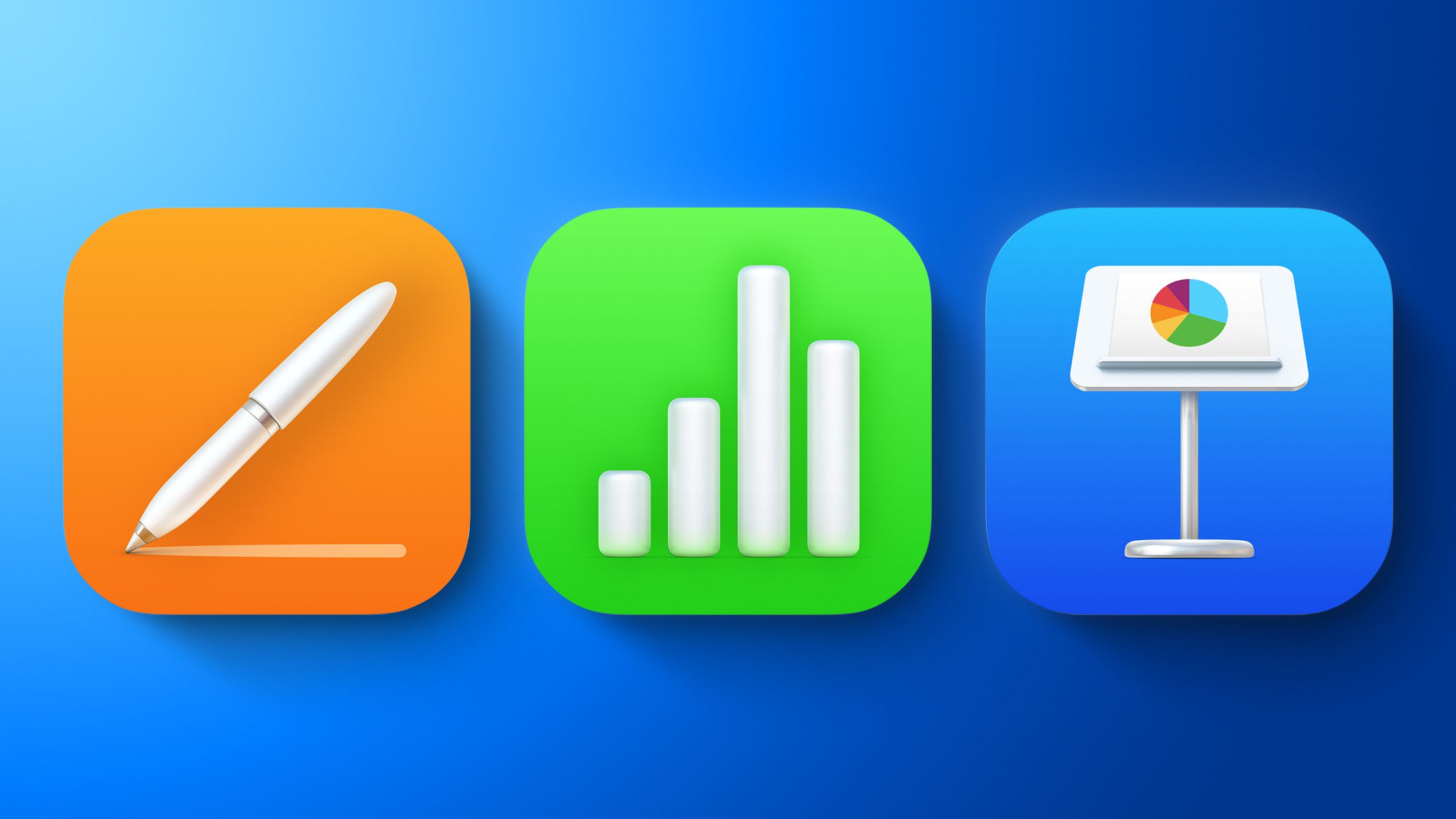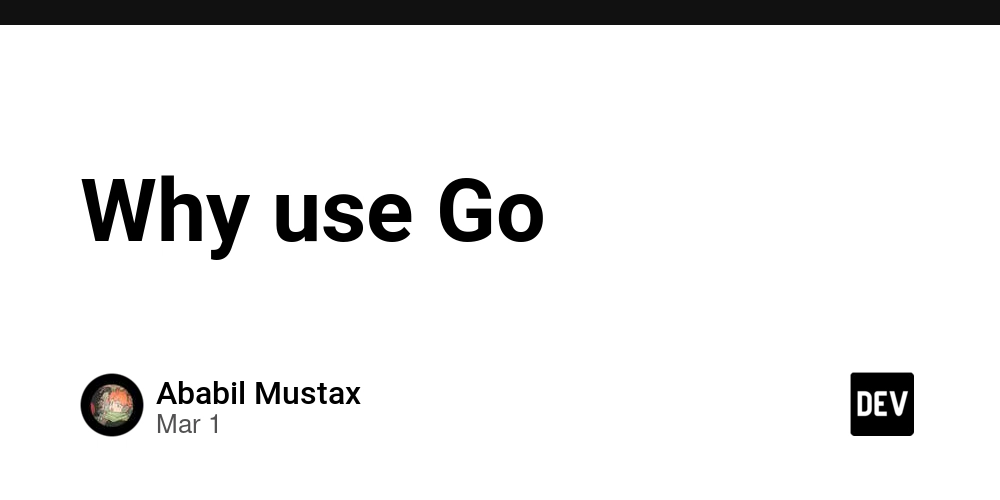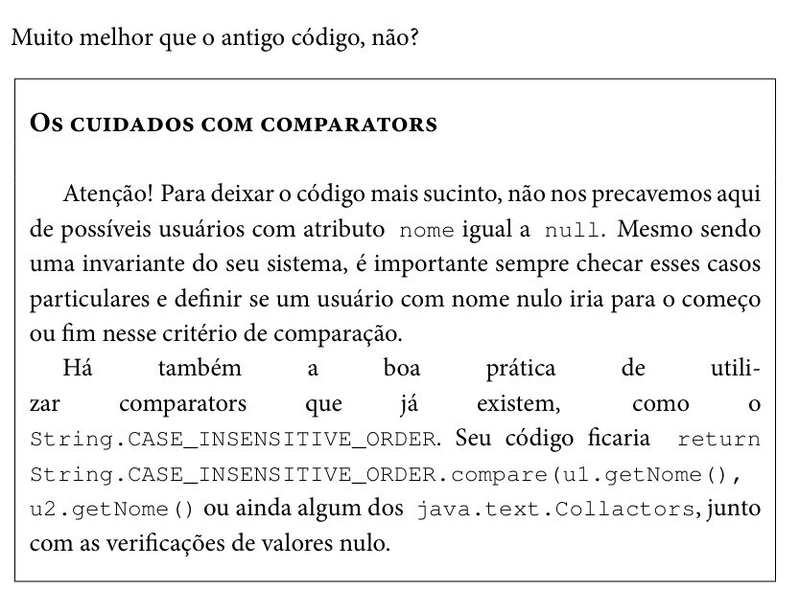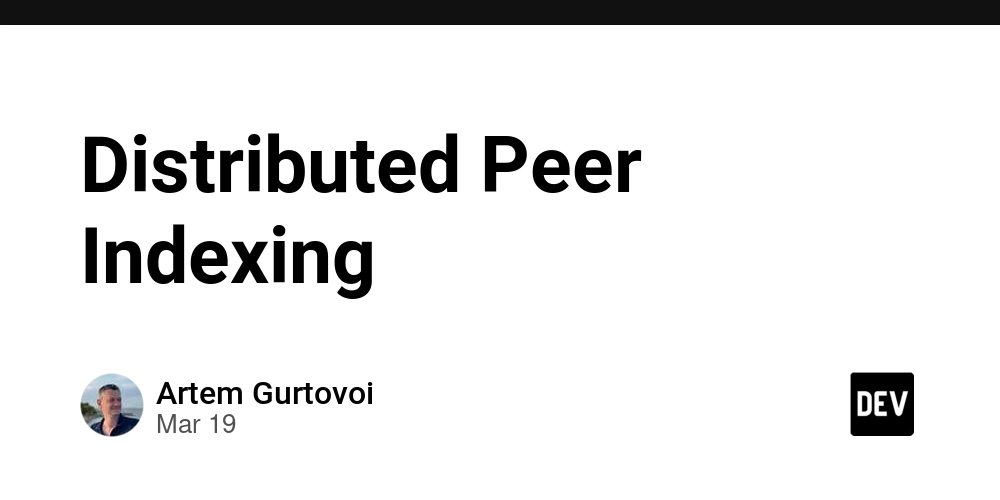Comprehensive Guide for Self-Taught Web Developers Seeking Employment in 2025
Comprehensive Guide for Self-Taught Web Developers Seeking Employment in 2025 This guide provides an in-depth exploration of the journey to securing a job as a self-taught web developer in 2025, drawing from various online resources and personal experiences shared by developers. It covers challenges, strategies, and resources, ensuring a thorough understanding for those embarking on this path, especially given the current tech job market trends. Understanding the Self-Taught Path in 2025 Self-taught web development remains increasingly popular due to the accessibility of online learning, and in 2025, it’s still possible, as noted in recent discussions on Dev.to. The process involves learning through tutorials, books, and practice projects, often without formal education. Challenges include maintaining motivation, avoiding outdated technologies like jQuery, and understanding complex concepts like servers and databases. For instance, one developer noted the difficulty of staying disciplined without a structured curriculum, highlighting the need for a clear learning path aligned with career goals, such as becoming a backend or full-stack developer. Tips for overcoming these hurdles include having a solid game plan, identifying personal motivators (e.g., financial needs, lifestyle freedom), and stair-stepping learning to avoid overwhelm. Emotional aspects, such as frustration and anxiety, are part of the process, and accepting them is crucial. Resources like Zac Gordon’s JavaScript for WP and podcasts on selfmadewebdesigner.com offer additional support. Given the 2025 job market, where AI and machine learning skills are in high demand (The Next Web), self-taught developers should prioritize these areas to stay competitive. Building Skills and a Portfolio Mastering fundamental skills is essential. Focus on HTML, CSS, and JavaScript, ensuring confidence in areas like Flexbox, responsive design, and jQuery. Practical experience is gained through personal projects, which should be original and functional. Start with a portfolio site, ensuring performance and accessibility using tools like Lighthouse, and expand to projects like utility apps leveraging APIs. Hosting on platforms like AWS Amplify (with minimal costs, e.g., $8/month for four sites) or Vercel allows recruiters to test your work. A GitHub presence is critical, documenting all coding challenges and demos in repositories. This not only showcases your history but also demonstrates commitment. For example, contributing even a single line to a project like React can boost your resume. Self-employment listings, such as “My Awesome Digital Solutions, LLC,” for unpaid projects, are acceptable and strengthen applications. In 2025, with the rise of AI tools like GitHub Copilot (Prismic.io), integrating these into your workflow can enhance efficiency and impress employers. Gaining Practical Experience Experience is often the biggest barrier, with employers seeking proven skills. Volunteering, internships, and freelancing are effective strategies. Platforms like Outreachy offer internships, while 1millionwomentotech provides volunteering opportunities. Freelancing for friends or family businesses, even at low pay, builds confidence and portfolio entries. Open source contributions, though challenging, expose you to production code, enhancing credibility. Given the 2025 job market’s emphasis on AI-driven projects (Forbes), contributing to AI-related open source can be particularly valuable. Networking and Community Engagement Networking is vital for self-taught developers lacking traditional connections. Join communities like the Junior Devs Telegram group for motivation, or engage on Reddit’s r/webdev and Stack Overflow. Blogging about your journey, asking open questions, or explaining concepts deepens understanding and increases visibility. Pitching services to small businesses can lead to paid work, strengthening your resume for better roles later. In 2025, with remote work still prevalent, virtual networking on platforms like LinkedIn is crucial, as noted in Arc.dev tips. Preparing for Job Interviews Interviews often include coding challenges and technical tests, focusing on HTML, CSS, JavaScript, and jQuery. Be honest about unknown areas but emphasize quick learning ability for credibility. Research the company beyond the “About” page, understanding their mission and recent news via social media. Highlight communication skills and team spirit, as collaboration is key in web development. Resources like CareerFoundry’s interview questions and tutorials on HTML (CareerFoundry HTML tutorial), CSS (CareerFoundry CSS tutorial), and JavaScript (CareerFoundry JavaScript tutorial) are invaluable. Start interviewing early, even if not meeting all requirements, as it’s a learning experience. Take notes, prepare questions, and evaluate companies too—it’s a two-way street. Persistence is key, with succ
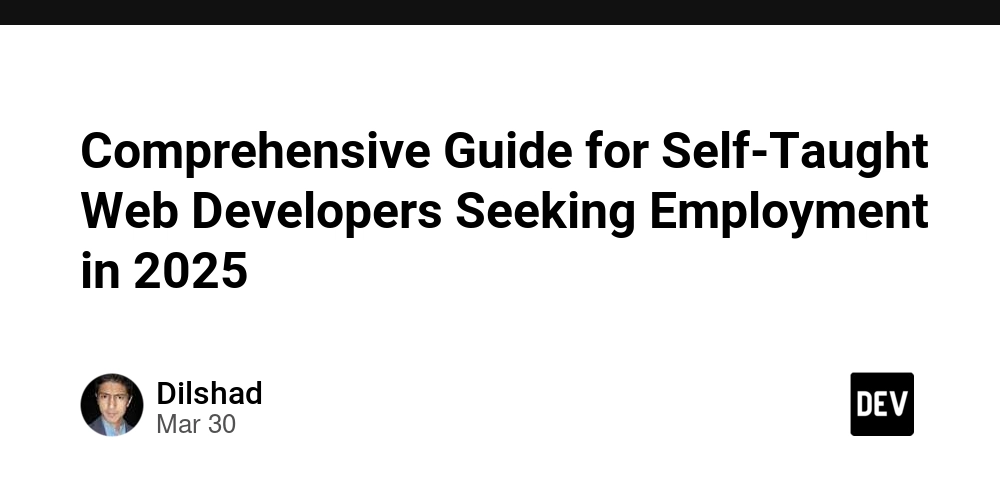
Comprehensive Guide for Self-Taught Web Developers Seeking Employment in 2025
This guide provides an in-depth exploration of the journey to securing a job as a self-taught web developer in 2025, drawing from various online resources and personal experiences shared by developers. It covers challenges, strategies, and resources, ensuring a thorough understanding for those embarking on this path, especially given the current tech job market trends.
Understanding the Self-Taught Path in 2025
Self-taught web development remains increasingly popular due to the accessibility of online learning, and in 2025, it’s still possible, as noted in recent discussions on Dev.to. The process involves learning through tutorials, books, and practice projects, often without formal education. Challenges include maintaining motivation, avoiding outdated technologies like jQuery, and understanding complex concepts like servers and databases. For instance, one developer noted the difficulty of staying disciplined without a structured curriculum, highlighting the need for a clear learning path aligned with career goals, such as becoming a backend or full-stack developer.
Tips for overcoming these hurdles include having a solid game plan, identifying personal motivators (e.g., financial needs, lifestyle freedom), and stair-stepping learning to avoid overwhelm. Emotional aspects, such as frustration and anxiety, are part of the process, and accepting them is crucial. Resources like Zac Gordon’s JavaScript for WP and podcasts on selfmadewebdesigner.com offer additional support. Given the 2025 job market, where AI and machine learning skills are in high demand (The Next Web), self-taught developers should prioritize these areas to stay competitive.
Building Skills and a Portfolio
Mastering fundamental skills is essential. Focus on HTML, CSS, and JavaScript, ensuring confidence in areas like Flexbox, responsive design, and jQuery. Practical experience is gained through personal projects, which should be original and functional. Start with a portfolio site, ensuring performance and accessibility using tools like Lighthouse, and expand to projects like utility apps leveraging APIs. Hosting on platforms like AWS Amplify (with minimal costs, e.g., $8/month for four sites) or Vercel allows recruiters to test your work.
A GitHub presence is critical, documenting all coding challenges and demos in repositories. This not only showcases your history but also demonstrates commitment. For example, contributing even a single line to a project like React can boost your resume. Self-employment listings, such as “My Awesome Digital Solutions, LLC,” for unpaid projects, are acceptable and strengthen applications. In 2025, with the rise of AI tools like GitHub Copilot (Prismic.io), integrating these into your workflow can enhance efficiency and impress employers.
Gaining Practical Experience
Experience is often the biggest barrier, with employers seeking proven skills. Volunteering, internships, and freelancing are effective strategies. Platforms like Outreachy offer internships, while 1millionwomentotech provides volunteering opportunities. Freelancing for friends or family businesses, even at low pay, builds confidence and portfolio entries. Open source contributions, though challenging, expose you to production code, enhancing credibility. Given the 2025 job market’s emphasis on AI-driven projects (Forbes), contributing to AI-related open source can be particularly valuable.
Networking and Community Engagement
Networking is vital for self-taught developers lacking traditional connections. Join communities like the Junior Devs Telegram group for motivation, or engage on Reddit’s r/webdev and Stack Overflow. Blogging about your journey, asking open questions, or explaining concepts deepens understanding and increases visibility. Pitching services to small businesses can lead to paid work, strengthening your resume for better roles later. In 2025, with remote work still prevalent, virtual networking on platforms like LinkedIn is crucial, as noted in Arc.dev tips.
Preparing for Job Interviews
Interviews often include coding challenges and technical tests, focusing on HTML, CSS, JavaScript, and jQuery. Be honest about unknown areas but emphasize quick learning ability for credibility. Research the company beyond the “About” page, understanding their mission and recent news via social media. Highlight communication skills and team spirit, as collaboration is key in web development. Resources like CareerFoundry’s interview questions and tutorials on HTML (CareerFoundry HTML tutorial), CSS (CareerFoundry CSS tutorial), and JavaScript (CareerFoundry JavaScript tutorial) are invaluable.
Start interviewing early, even if not meeting all requirements, as it’s a learning experience. Take notes, prepare questions, and evaluate companies too—it’s a two-way street. Persistence is key, with success often coming from trying many times despite rejections, especially in 2025’s competitive market (Business Insider).
Certifications: To Get or Not to Get?
Certifications can validate skills and enhance resumes, especially for self-taught developers. Options include Meta Front-End Developer Professional Certificate on Coursera, Google Developers Certification, and free certificates from freeCodeCamp. Programs like the Cornell Certificate Program (CareerFoundry certification list) take three months at seven-ten hours weekly, while General Assembly’s course is 12 weeks at 40 hours weekly.
However, there’s debate: some argue certificates are less impactful than portfolio projects, with Reddit discussions suggesting “good portfolio projects > certificates” (Reddit webdev discussion). Others, like a senior self-taught developer, succeeded without certifications, emphasizing proving oneself through work. Consider factors like experience level and cost, with free options like CognitiveClass.ai being accessible. In 2025, with AI skills in demand, certifications in AI-related web development could be particularly beneficial.
Staying Updated and Persistent
Web development evolves rapidly, so continuous learning is necessary. Use Indeed.com’s certification guide to stay current. Balance work with breaks every hour or two, incorporate nature time, and avoid multitasking for focus. Listen to personal rhythms—some work in intense bursts, others in structured schedules. Forgive mistakes, practice meditation for stress, and embrace a growth mindset.
The job search can be tough, but persistence pays off. Keep applying, even if under-qualified, and leverage transferable skills from previous roles to stand out. It’s an unexpected detail that many developers start interviewing before feeling ready, gaining experience from rejections, which is particularly relevant in 2025’s market with AI impacting hiring (Salesforce CEO statement).
Detailed Challenges and Tips
Challenges include losing motivation, getting overwhelmed by information, and burnout from overworking. Tips include watching multiple courses (e.g., 2-3 for JavaScript) for reinforcement, setting up learning environments for questions (e.g., forums), and working smarter by seeking advice from business consultants. Community learning, like bootcamps, offers interaction and support, while personal projects hosted on Vercel let recruiters test capabilities. In 2025, with AI tools like Cursor and Raycast (Prismic.io), leveraging these can streamline learning and project development.
Summary Table of Key Strategies
| Strategy | Description |
|---|---|
| Learning Path | Align with goals (e.g., backend, full-stack), research job descriptions. |
| Portfolio Building | Create original projects, host on GitHub, ensure performance/accessibility. |
| Practical Experience | Volunteer, intern, freelance, contribute to open source, especially AI-related. |
| Interview Preparation | Practice coding, research companies, highlight communication skills. |
| Certifications | Consider for validation, prioritize projects; explore AI-related options. |
| Networking | Join communities, blog, pitch services, attend meetups, leverage LinkedIn. |
| Persistence | Apply early, learn from rejections, keep updating skills, adapt to AI trends. |
This guide ensures a comprehensive approach, covering all aspects from learning to landing a job, with resources and strategies tailored for self-taught developers in 2025.
Key Citations
- Finding Work as a Self-Taught Web Developer in 2024 DEV Community
- Self-Taught is Still Possible In 2025 DEV Community
- How to Become a Self-Taught Web Developer in 2025 DEV Community
- From a self-taught developer to first web dev job Pixelhop
- Can I become a self-taught web developer in 6 months? Quora
- How to REALLY Get a Job as a Self-Taught Developer 6 Important Tips Arc
- Is it possible to be a successful self-taught web developer with no prior programming experience or background knowledge? Quora
- How to Be a Self-Taught Web Developer The Honest Truth selfmadewebdesigner
- How To Get Your First Web Developer Job In 2025 Guide careerfoundry
- How To Get a Web Developer Job in 2024 without dying inside DEV Community
- Realistically speaking, what sort of career can a self-taught developer lead? career ceiling Career Advice The freeCodeCamp Forum
- Why Most Self-Taught Developers NEVER Land The Job travis.media
- Web Developer Job Outlook And Growth In The US 2025 Zippia
- What were the predictions for web developers to 2025? Quora
- These will be the most in-demand skills for developers in 2025 The Next Web
- Web Developer Ranks Among Best Jobs of 2025 US News
- Are Web Developers in Demand in 2024? The Continual Explosion of Web Development Jessup University
- 2025 Tech Job Market: In-Demand Roles and Skills Ironhack Medium
- Is Web Development a Good Career in 2025? Noble Desktop
- Predictions For The Tech Job Market In 2025 Forbes
- What to Know About Hiring and Salary Trends in Web Development Robert Half
- This Chart Shows How Bad the Job Market for Software Engineers Is Business Insider
- 34 Web Development Trends In 2025: Embracing The Future LambdaTest
- 8 Web Development Trends for 2025: Insights for Developers and WordPress Users WP Engine
- Top 10 Web Development Trends 2025 GeeksforGeeks
- 40+ Latest Web Development Trends Mar 2025 Updated Global Media Insight
- 25 Top Web Design Trends 2025 TheeDigital
- 16 Top Web Development Trends in 2025 Netguru
- 9 Top Web Development Trends to Watch in 2025 Prismic.io
- 8 of the Hottest Web Development Trends in 2025 CareerFoundry
- Top 15 Web Development Trends to Watch Out for In 2025 Mind Inventory
- Latest Web Development Trends and Technologies in 2025 TekRevol
- Best Web Development Courses Certificates 2025 Coursera Learn Online
- 11 of the Best Web Developer Certifications To Elevate Your Career Springboard
- Google Developers Certification Google for Developers
- 11 of the Best Web Developer Certification Programs in 2025 careerfoundry
- Web Developer Certification Is it Worth It How to Choose Coursera
- 1000 Free Developer Certifications freeCodeCamp
- Why Self-Taught Developers SHOULD Get Certified YouTube
- How to get your first job as a self-taught developer freeCodeCamp
- Indeed.com’s certification guide for web developers Indeed
- What are worthwhile certificates to get as a beginning web dev Reddit webdev
- r/learnjavascript on Reddit: Is it realistic to get a web dev job in 2023 if I start self taught or a bootcamp from now? Reddit














































































































































































![[The AI Show Episode 142]: ChatGPT’s New Image Generator, Studio Ghibli Craze and Backlash, Gemini 2.5, OpenAI Academy, 4o Updates, Vibe Marketing & xAI Acquires X](https://www.marketingaiinstitute.com/hubfs/ep%20142%20cover.png)
















































































































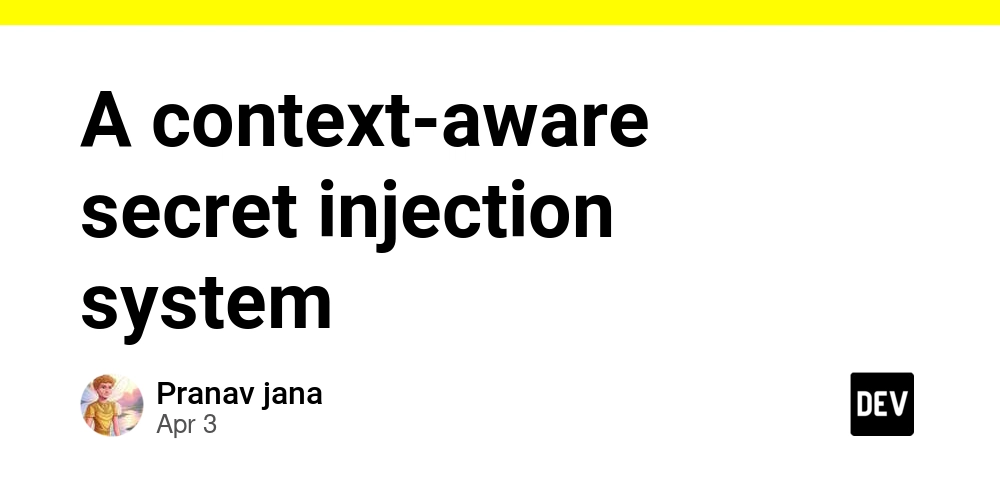
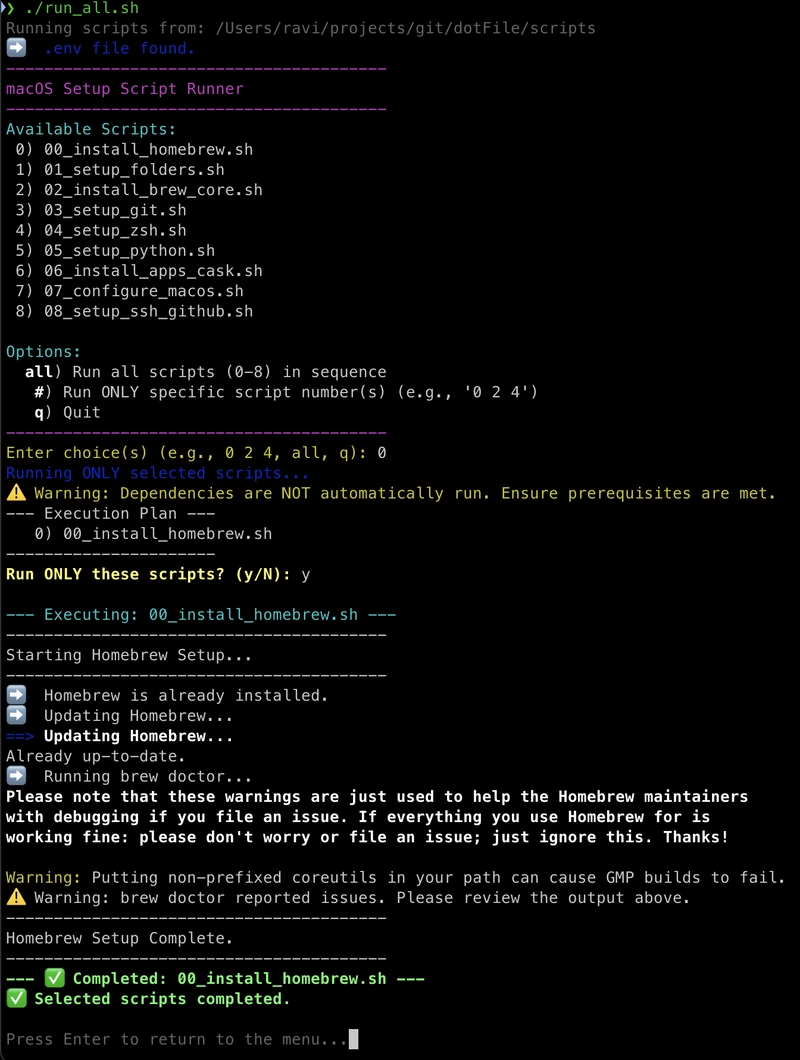
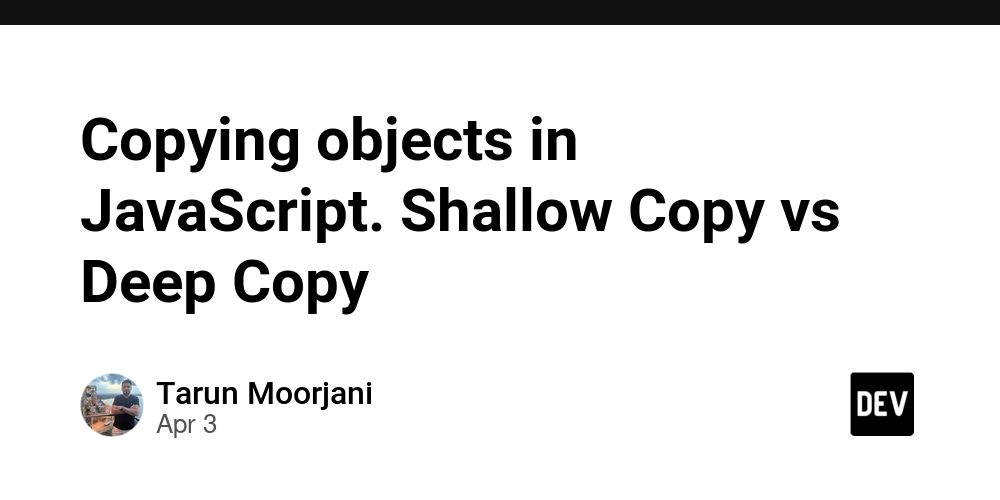












![[DEALS] Microsoft Office Professional 2021 for Windows: Lifetime License (75% off) & Other Deals Up To 98% Off – Offers End Soon!](https://www.javacodegeeks.com/wp-content/uploads/2012/12/jcg-logo.jpg)

















































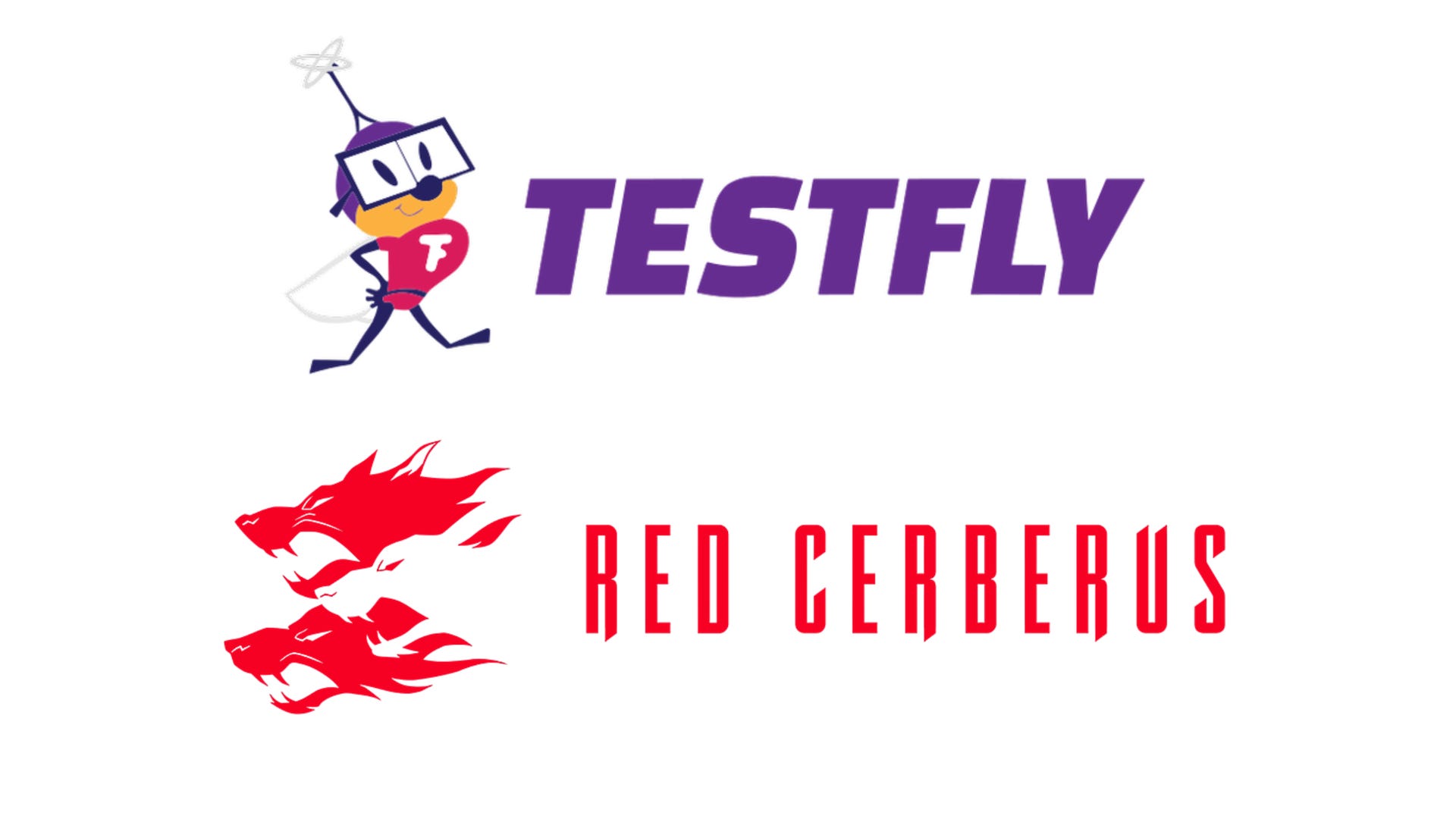





























































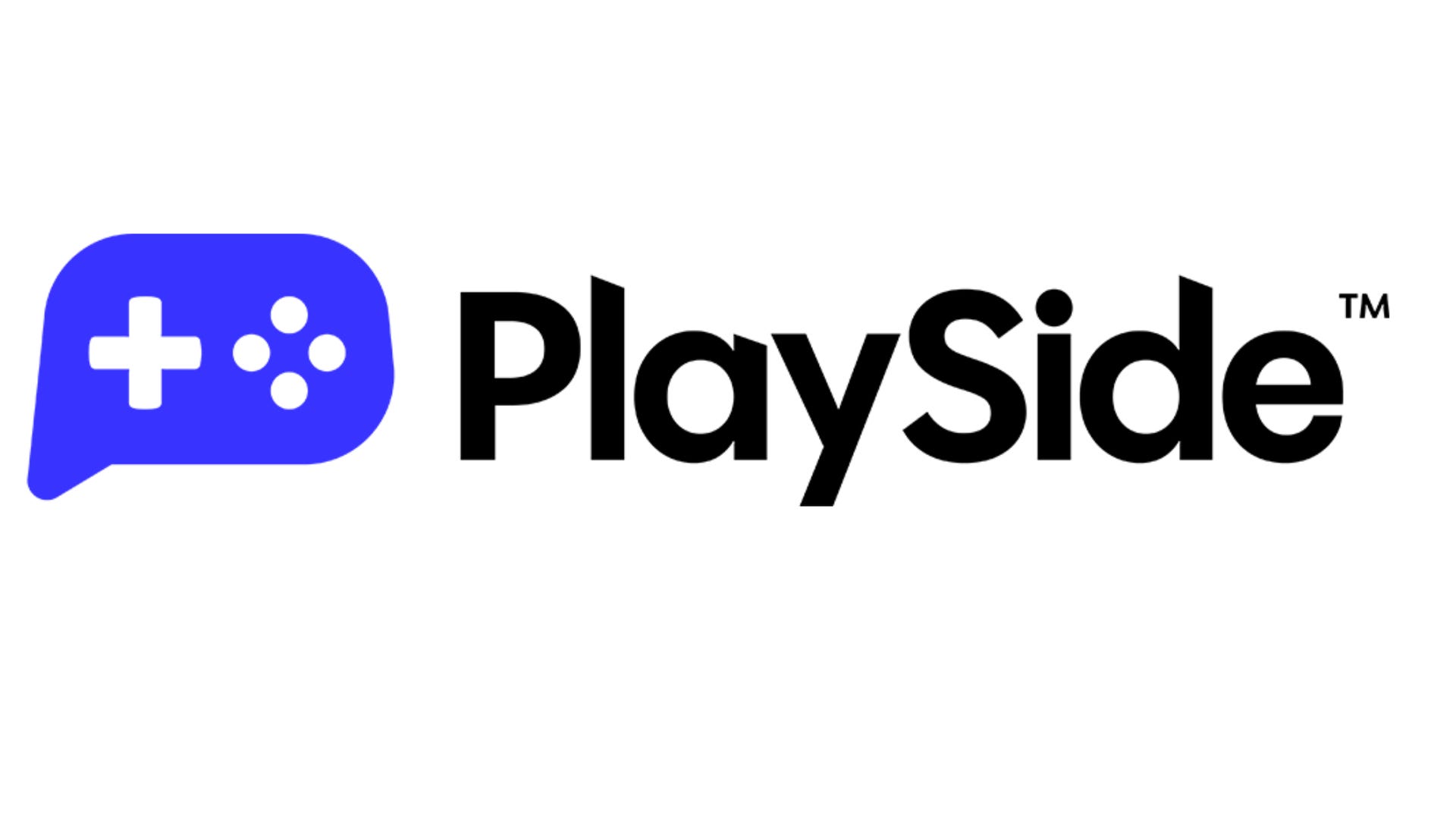
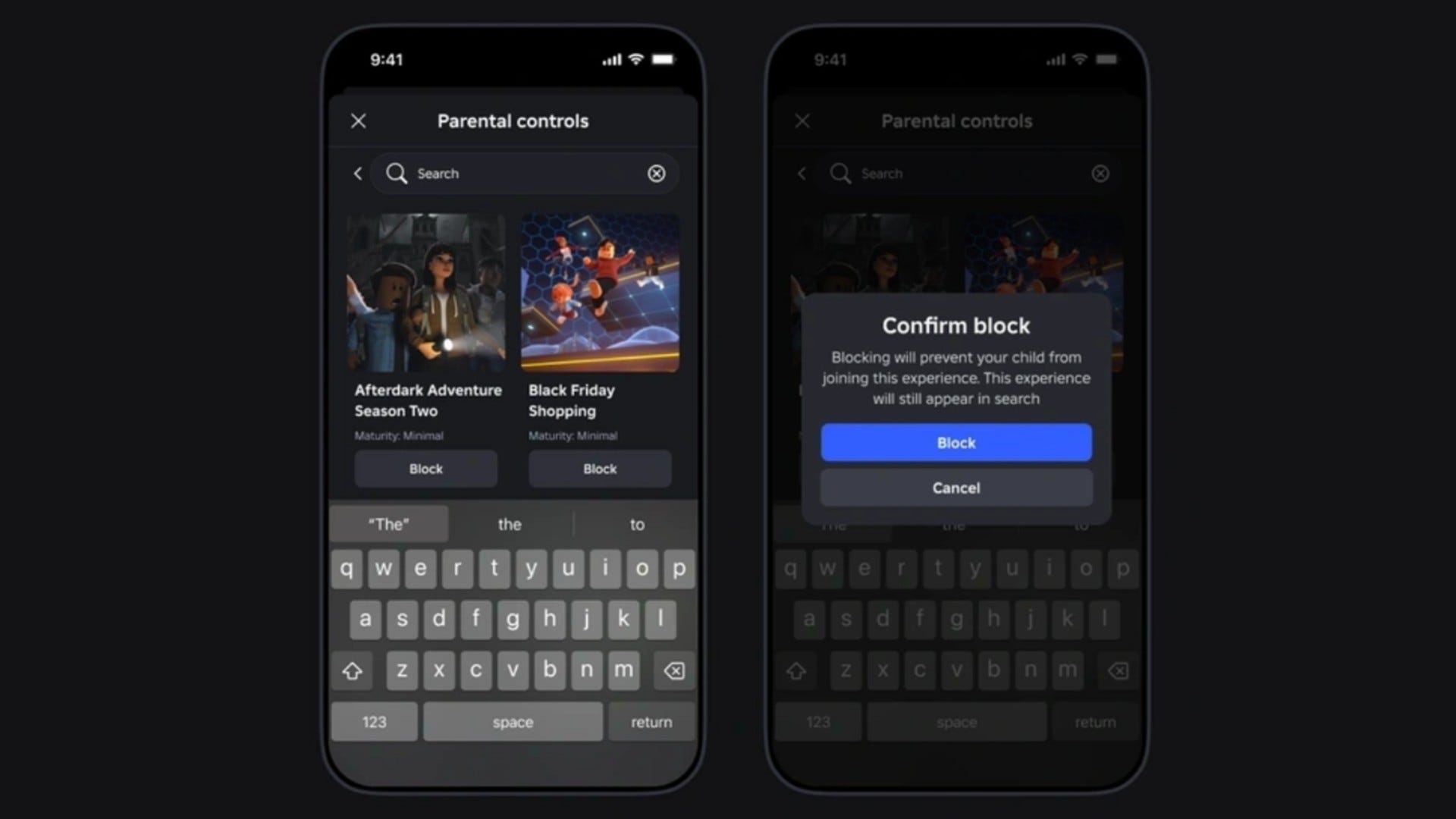




























_Anthony_Brown_Alamy.jpg?#)
_Hanna_Kuprevich_Alamy.jpg?#)




.png?#)


















































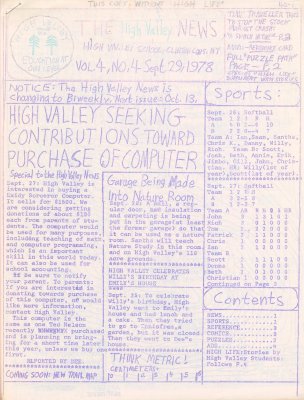






















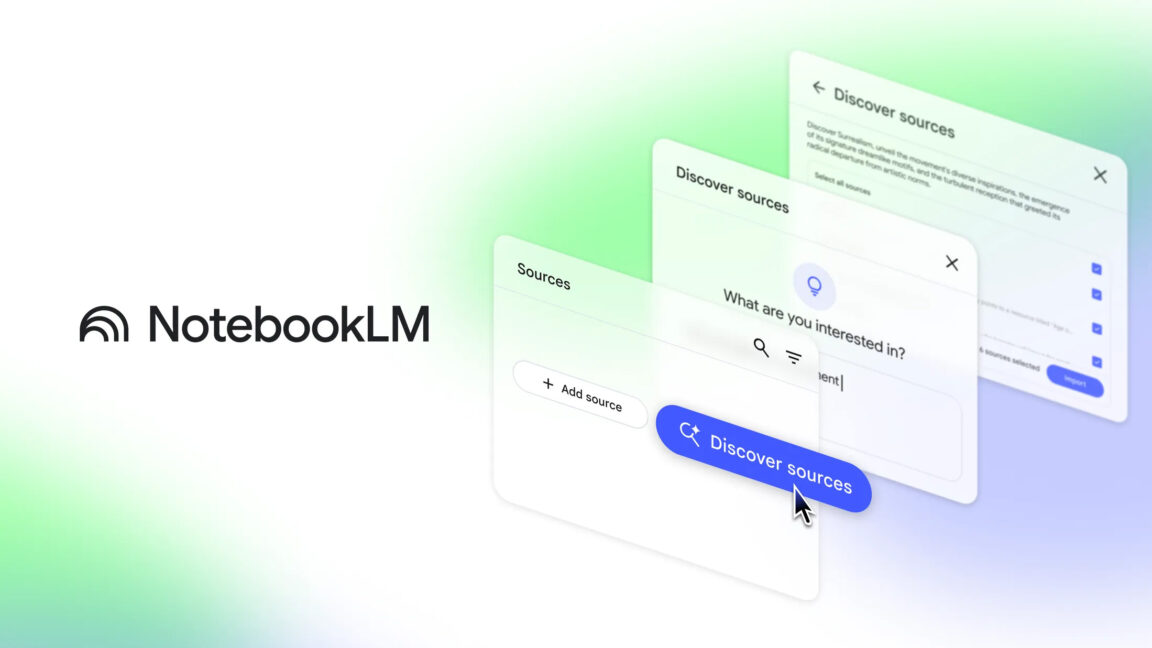































![YouTube Announces New Creation Tools for Shorts [Video]](https://www.iclarified.com/images/news/96923/96923/96923-640.jpg)

![Apple Faces New Tariffs but Has Options to Soften the Blow [Kuo]](https://www.iclarified.com/images/news/96921/96921/96921-640.jpg)







































